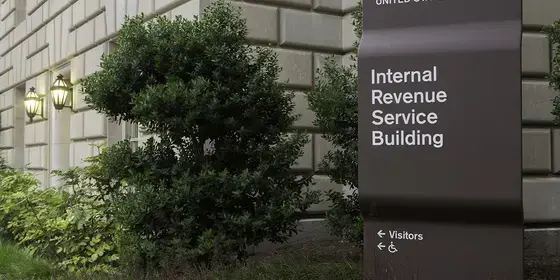The IRS postponed the due date for filing 2020 federal income taxes from April 15, 2021 to May 17, 2021. This move is similar to what happened last year, though the IRS more narrowly defines the taxpayers affected by the COVID-19 emergency, covering those filing 1040 series forms on April 15, 2021 and a limited number of other filings.
Individual Federal Tax Returns Delayed–Again
Just like last year, we have a little more time to file our income taxes. The IRS’s extension means that individuals and families filing general federal taxes (Forms 1040 and a limited set of other forms) have until May 17, 2021 to file their returns.
The extension notice also states that interest and penalties will not apply until the extension date has been reached. This means that interest and penalty payments will not start accruing until May 18, 2021.
Most State Income Taxes Also Delayed
Thirty-five states (including Washington, D.C.) followed the IRS’s lead and extended their tax filing dates to May 17, 2021 as well.
Maryland extended their filing date even further out to July 15, 2021. And a handful of other states extended filing dates out to June 15, 2021 as a special consideration after the severe winter storms that affected the south.
IRA, HSA, MSA, and ESA Contributions Also Extended
Contributions to IRAs, HSAs, MSAs, and ESAs for 2020 can now also be made through May 17, 2021. Like general federal tax returns, these contributions must typically be made no later than April 15.
What’s Not Extended?
The IRS’s tax filing extension does not, however, apply to everything. There are a handful of tax payments that must still be made by April 15, 2021, including:
- Trust tax returns
- Gift tax returns
- C-corporation tax returns
Additionally, 2021 first quarter individual estimated income tax payments are still due April 15, 2021. Taxes must be paid as taxpayers earn or receive income during the year, either through withholding or estimated tax payments. In general, estimated tax payments are made quarterly to the IRS by people whose income isn't subject to income tax withholding, including self-employment income, interest, dividends, alimony or rental income.
Most taxpayers automatically have their taxes withheld from their paychecks and submitted to the IRS by their employer. However, if you’re someone who makes these estimated tax payments on your own, you must still make your first quarter payment by April 15, 2021.
All the details of these new provisions can sometimes be confusing, so if you have any questions, please don’t hesitate to reach out to your advisor.
This information is not intended to be a substitute for specific individualized tax advice. We suggest that you discuss your specific tax issues with a qualified tax advisor.



